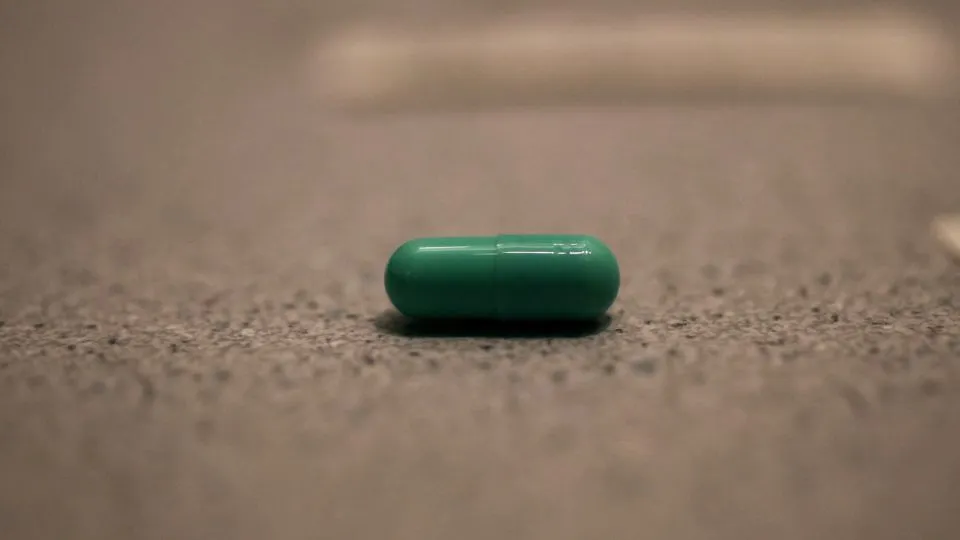FDA Rejection of MDMA-Assisted Therapy and the Future of Psychedelics in Medicine

FDA Rejection and its Implications
FDA rejection of MDMA-assisted therapy sends shockwaves through advocates. While this initial rejection is significant, it does not signify the final chapter for psychedelics in medicine. The emotional and psychological benefits of such therapies continue to rally support, hinting at a future that may still hold promise.
The Ongoing Interest in Psychedelics
Despite the hurdles, research continues to underpin the potential uses of psychedelics for mental health treatments. Many believe that this rejection serves as a call to action for further studies and clinical trials, essential for advancing this field toward acceptance.
Key Factors to Consider
- Advocacy Efforts: Increased advocacy can influence regulatory processes.
- Research Funding: Securing funding for clinical trials is crucial.
- Public Awareness: Education on the benefits can shift perceptions.
This article was prepared using information from open sources in accordance with the principles of Ethical Policy. The editorial team is not responsible for absolute accuracy, as it relies on data from the sources referenced.